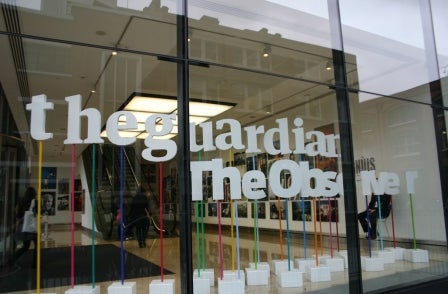
The Catholic church is not the most transparent of organisations but even it will reveal how a Pope is chosen (although what happens inside the the Sistine Chapel remains secret).
But no-one appears to know yet how the new Guardian editor will be picked.
The last two (Alan Rusbridger and Peter Preston) were sort-of elected by the journalists and then approved by the Scott Trust (the owner of Guardian Media Group).
According to Peter Preston (and he should know) when he took the job 40 years ago the National Union of Journalists chapel at The Guardian "sought an indicative vote to advise staff nominees on the sub-committee that would advise the whole trust who should succeed Alastair Hetherington". Fortunately the trust and the journalists were in agreement that he should take the job, and the same was true when Rusbridger stepped into his shoes 20 years later.
But how will it work this time? No-one appears to know
As Preston notes, when Alan took the reins at The Guardian it was a London-based national newspaper. Nowadays it is an international digital-first news with operation with large overseas operations in the US and Australia.
Will the journalists get a vote again this time? Will the commercial staff? Will the Scott Trust advertise the position?
There are not many editorial posts where you can expect to stay in the job for 20 years earning a salary of £400k (well that's what Rusbridger is on any way).
Axegrinder's questions about the timescale on recruiting a new Guardian editor and the method by which it will happen received the following response: "The Scott Trust will announce the process by which it will appoint the new editor-in-chief in due course."
It's all about as clear as a fairtrade skinny soya latte from the Guardian coffee shop.
Email pged@pressgazette.co.uk to point out mistakes, provide story tips or send in a letter for publication on our "Letters Page" blog
